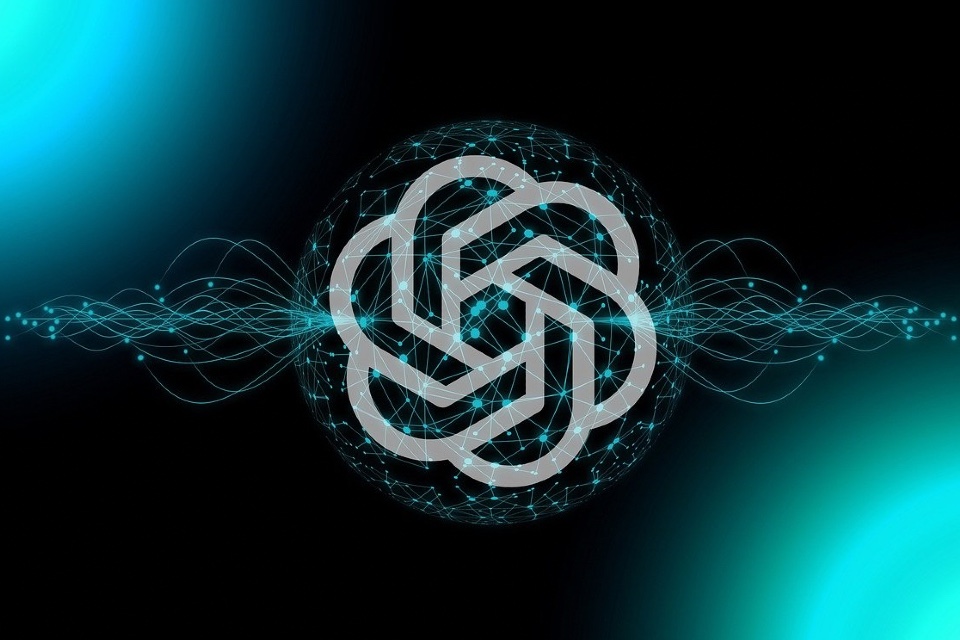As the age of automation and artificial intelligence (AI) deepens, we witness transformative effects on various sectors. One sector of particular interest to us, of course, is human resources. Generative AI, the application of AI that can generate content or predict outcomes, is catalysing sweeping changes and shaking up traditional HR practices in unprecedented ways.
Generative AI takes recruitment to a new level by expediting the identification and selection of potential candidates. The AI system can generate job descriptions, automate the posting process, and screen resumes for key skills, drastically reducing the time spent on these tasks. Moreover, the AI employs a bias-free algorithm, promoting equality and diversity by eliminating the unconscious biases that could arise during manual selection.
The onboarding process, traditionally paperwork-intensive and time-consuming, is also being transformed by generative AI. The technology can personalise and streamline the process, providing each new employee with necessary documentation, guides, and introductory materials, reducing HR personnel’s workload and enhancing the newcomer’s experience.
In the realm of employee engagement and talent development, generative AI has a significant impact. AI can generate personalised learning and development plans based on an employee’s career goals, past performance, and skill gaps, thereby ensuring continual professional growth. Also, AI can monitor employee engagement levels, providing insights to HR about potential issues and offering suggested interventions.
Moreover, generative AI is radically altering HR analytics. HR departments can utilise AI to generate predictive analytics that allow a proactive approach towards workforce management. For instance, AI can predict employee turnover, helping HR to take preventive measures, thereby enhancing employee retention.
Lastly, the use of generative AI in HR is transforming the handling of employee relations. AI can generate responses to common employee queries, and in more complex cases, provide HR professionals with recommended solutions based on past cases and best practices.
As compelling as these advancements are, they come with challenges. Privacy and ethical concerns around data use are critical, and the human touch remains vital in HR. However, if used wisely, generative AI promises a future of more efficient, equitable, and strategic HR practices in the UK.
The HR sector in the UK is just beginning to explore the possibilities of generative AI. As its potential continues to be realised, it is certain that the technology will reshape HR practices even more profoundly, making the HR sector more robust, inclusive, and forward-thinking than ever before.









